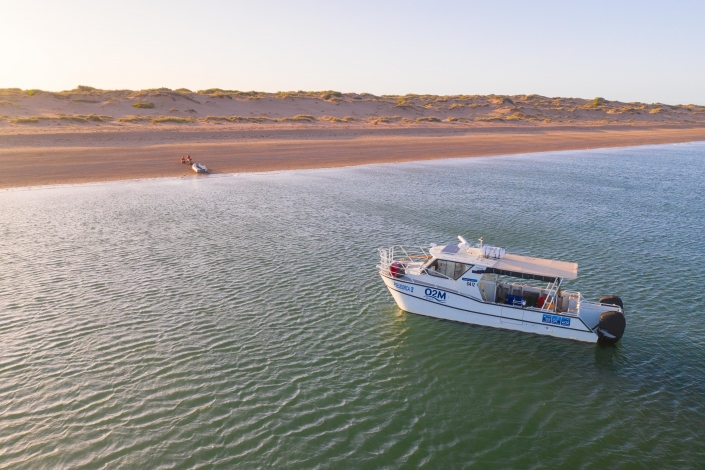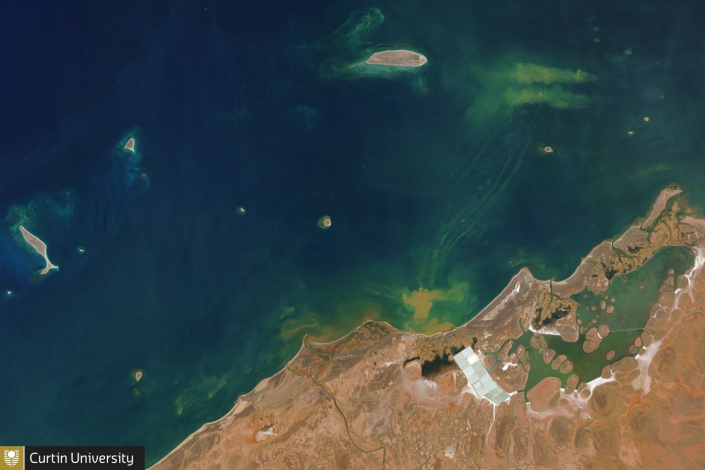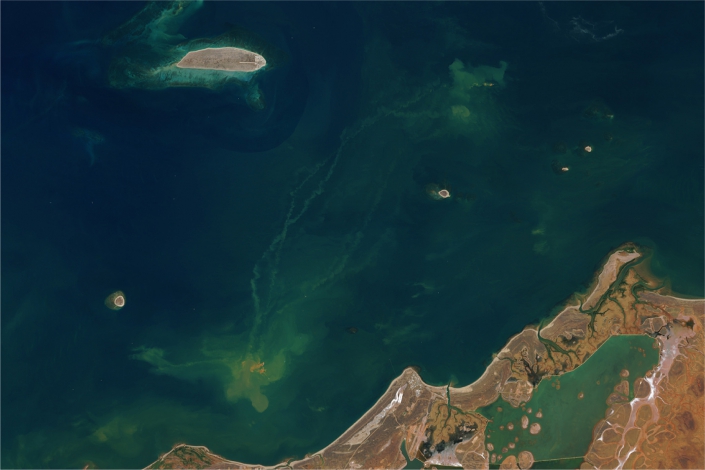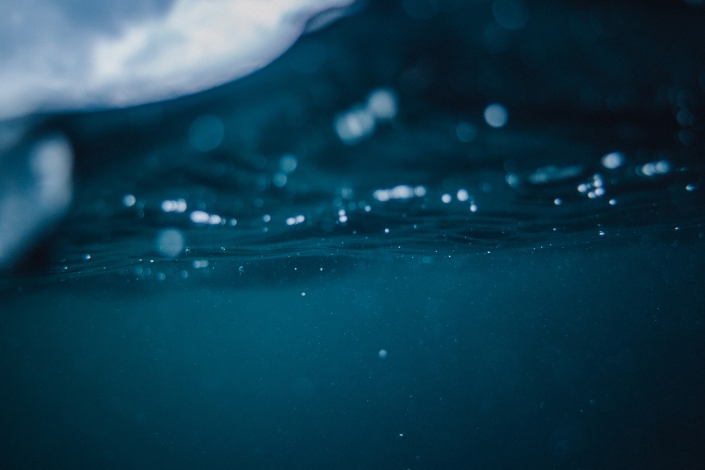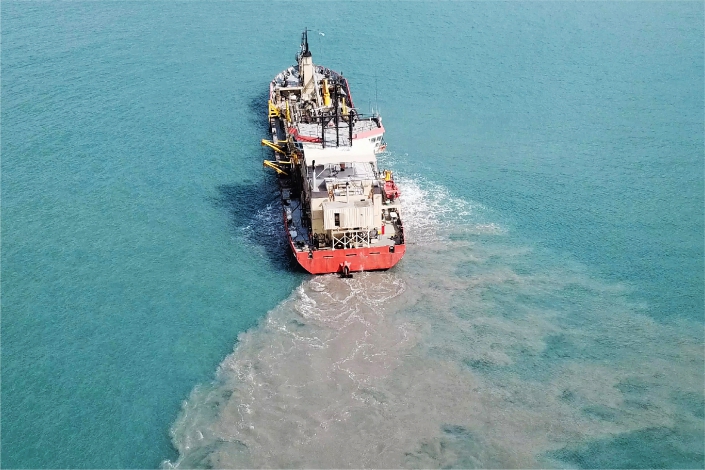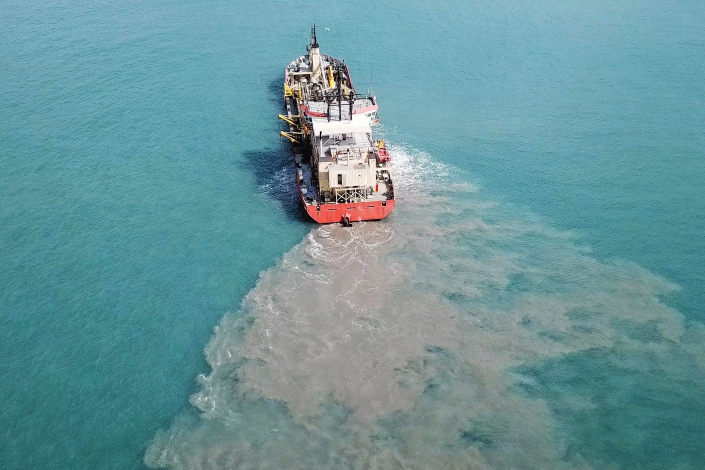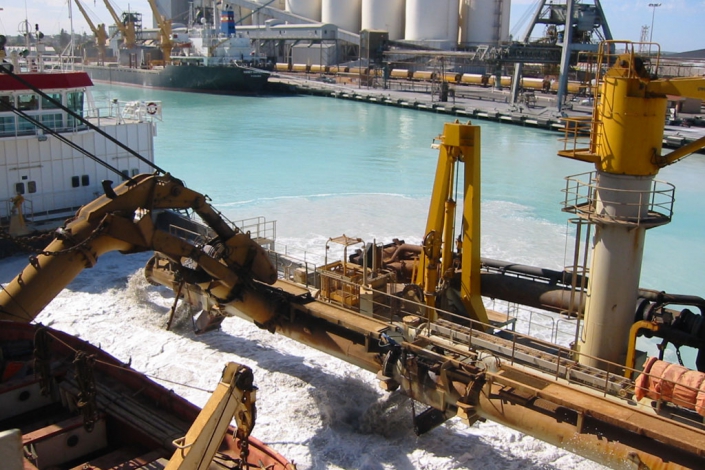Abdul Wahab MA, Fromont J, Gomez O, Fisher R, Jones R (2017) Comparisons of benthic filter feeder communities before and after a large-scale capital dredging program Marine Pollution Bulletin doi.org/10.1016/j.marpolbul.2017.06.041
Bessell-Browne P, Fisher R, Duckworth A, Jones R, (2017) Mucous sheet production in Porites: an effective bioindicator of sediment related pressures Marine Pollution Bulletin 2017 http://dx.doi.org/10.1016/j.ecolind.2017.02.023
Bessell-Browne P, Negri AP, Fisher R, Clode PL, Jones R (2017) Cumulative impacts: thermally bleached corals have reduced capacity to clear deposited sediment Scientific Reports doi:10.1038/s41598-017-02810-0
Bessell-Browne P, Negri AP, Fisher R, Clode PL, Duckworth A, Jones R (2017) Impacts of turbidity on corals: The relative importance of light limitation and suspended sediments Ecological Indicators 2017 http://dx.doi.org/10.1016/j.marpolbul.2017.01.050
Bessell-Browne P, Negri AP, Fisher R, Clode PL, Jones R (2017) Impacts of light limitation on corals and crustose coralline algae Scientific Reports doi:10.1038/s41598-017-11783-z
Dorji P, Fearns P (2017) Impact of the spatial resolution of satellite remote sensing sensors in the quantification of total suspended sediment concentration: A case study in turbid waters of Northern Western Australia. PLoS ONE doi.org/10.1371/journal.pone.0175042
Duckworth A, Giofre N, Jones R (2017) Coral morphology and sedimentation Marine Pollution Bulletin doi.org/10.1016/j.marpolbul.2017.08.036
Dufois F, Lowe R, Branson P, Fearns P. (2017) Tropical cyclone-driven sediment dynamics over the Australian North West Shelf. Journal of Geophysical Research. doi:10.1002/2017JC013518
Fisher R, Walshe T, Bessell-Browne P, Jones R. (2017) Accounting for environmental uncertainty in the management of dredging impacts using probabilistic dose–response relationships and thresholds. J Appl Ecol. doi.org/10.1111/1365-2664.12936
Fraser MW, Short J, Kendrick G, McLean D, Keesing J, Byrne M, Caley J, Clarke D, Davis A, Erftemeijer PLA, Field S, Gustin-Craig S, Huisman J, Keough M, Lavery P, Masini R, McMahon K, Mengersen K, Rasheed M, Statton J, Stoddart J, Wu P (2017) Effects of dredging on critical ecological processes for marine invertebrates, seagrasses and macroalgae, and the potential for management with environmental windows using Western Australia as a case study Ecological Indicators http://dx.doi.org/10.1016/j.ecolind.2017.03.026 For a copy of the reprint contact the author: matthew.fraser@uwa.edu.au.
Hernawan U, Van Dijk K, Kendrick G, Feng M, Biffin E, Lavery P, McMahon K (2017) Historical processes and contemporary ocean currents drive genetic structure in the seagrass Thalassia hemprichii in the Indo-Australian Archipelago. Molecular Ecology DOI:10.1111/mec.13966
McMahon K, Evans R, van Dijk K, Hernawan U, Kendrick G, Lavery P, Lowe R, Puotinen M, Waycott M (2017) Disturbance Is an Important Driver of Clonal Richness in Tropical Seagrasses Frontiers in Plant Science doi: 10.3389/fpls.2017.02026
Pineda MC, Strehlow B, Kamp J, Duckworth A, Jones R, Webster N.S. (2017) Effects of combined dredging-related stressors on sponges: a laboratory approach using realistic scenarios Scientific Reports doi:10.1038/s41598-017-05251-x
Pineda MC, Strehlow B, Sternel M, Duckworth A, den Haan J, Jones R, Webster N.S. (2017) Effects of sediment smothering on the sponge holobiont with implications for dredging management Scientific Reports 7, Article number: 5156 doi:10.1038/s41598-017-05243-x
Pineda MC, Strehlow B, Sternel M, Duckworth A, Jones R, Webster N.S. (2017) Effect of suspended sediments on the sponge holobiont with implications for dredging management. Scientific Reports. doi:10.1038/s41598-017-05243-x
Pomeroy AW, Lowe RJ, Ghisalberti M, Storlazzi C, Symonds G, Roelvink D (2017), Sediment transport in the presence of large reef bottom roughness Journal of Geophysical Research 10.1002/2016JC011755
Ricardo GF, Jones RJ, Nordborg M, Negri AP (2017) Settlement patterns of the coral Acropora millepora on sediment-laden surfaces. Science of The Total Environment doi.org/10.1016/j.scitotenv.2017.07.153
Strehlow BW, Pineda M, Duckworth A, Kendrick GA, Renton M, Abdul Wahab M.A., Webster NS, Clode PL. (2017) Sediment tolerance mechanisms identified in sponges using advanced imaging techniques. PeerJ 5:e3904 doi: 10.7717/peerj.3904
Wu P, Caley M.J., Kendrick G. A., McMahon K, Mengersen K (2018) Dynamic Bayesian Network Inferencing for Non homogeneous Complex Systems. Journal of the Royal Statistical Society C: Applied Statistics 67(2): 417-434. DOI 10.1111/rssc.12228
Strydom S, McMahon K, Kendrick G, Statton J, Lavery P (2017) Seagrass Halophila ovalis is affected by light quality across different life history stages. Marine Ecology Progress Series DOI: 10.3354/meps12105
Strydom S, McMahon K, Lavery P (2017) Response of the seagrass Halophila ovalis to altered light quality in a simulated dredge plume. Marine Pollution Bulletin doi.org/10.1016/j.marpolbul.2017.05.060
Wenger A, Harvey E, Wilson S, Rawson C, Newman SJ, Clarke D, Saunders BJ, Browne N, Travers MJ, Mcilwain JL, Erftemeijer PLA, Hobb JPA, Mclean D, Depczynski M, Evans RD (2017) A critical analysis of the direct effects of dredging on fish. Fish Fish. 2017;00:1–19. https://doi.org/10.1111/faf.1221/full
Wu P, McMahon K, Rasheed M, Kendrick G, York P, Chartrand K, Caley J, Mengersen K (2017) Managing seagrass resilience under cumulative dredging affecting light: Predicting risk using dynamic Bayesian networks. Journal of Applied Ecology DOI: 10.1111/1365-2664.13037
Wu P, Mengersen K, McMahon K, Kendrick G, Chartrand K, York P, Rasheed M, Caley J (2017) Timing anthropogenic stressors to mitigate their impact on marine ecosystem resilience. Nature Communication doi:10.1038/s41467-017-01306-9

